Research Shows Chocolate Milk is More Effective Than Energy Drinks
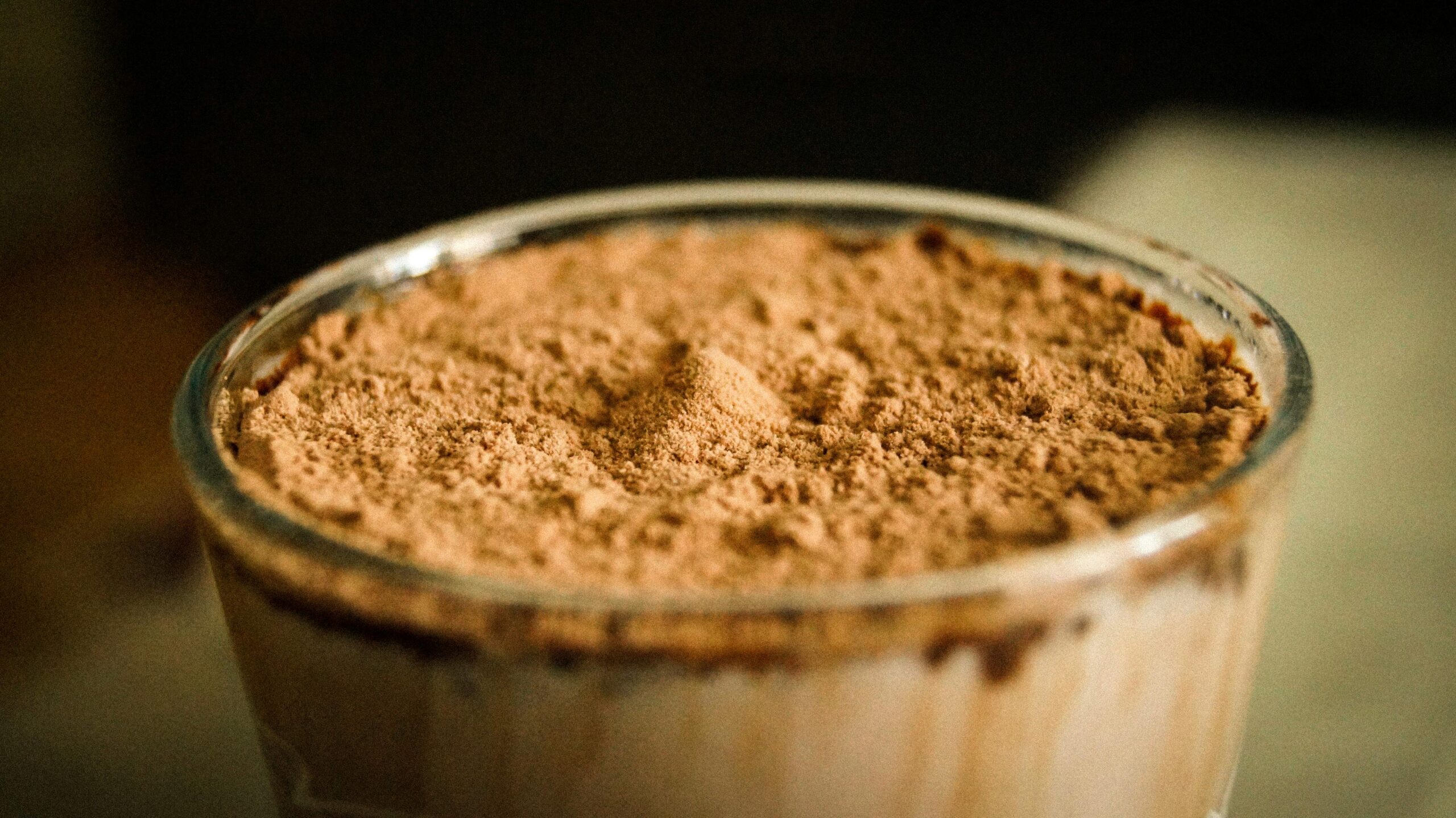
What if the secret to unlocking better athletic recovery wasn’t found in the flashy neon cans lining the sports aisles but in something far simpler, familiar, and surprisingly delicious? Imagine finishing a grueling workout, your muscles screaming, your body craving replenishment, and instead of reaching for an energy drink loaded with sugar and caffeine, you poured yourself a cold glass of chocolate milk. Sounds almost too good to be true, right?
But science is catching up with what many athletes have long suspected: chocolate milk is not just a childhood comfort it’s a powerhouse recovery drink. With the perfect balance of carbohydrates and protein, plus vital minerals and vitamins, it refuels your muscles faster, reduces soreness, and helps you bounce back stronger. In a world crowded with expensive supplements and artificial energy boosters, chocolate milk is quietly proving that sometimes the best answers are the simplest and sweetest.
The Science of Chocolate Milk and Athletic Recovery
When the body pushes itself hard, athletes face a critical aftermath muscles depleted of energy, tissues micro-damaged, and fluids lost through sweat. The window right after a workout is not just about quenching thirst but about fueling recovery: replenishing glycogen stores, repairing muscles, and rehydrating the body to prepare for the next challenge. This is where chocolate milk steps in as a surprising hero.
At the heart of chocolate milk’s recovery power is its ideal carbohydrate-to-protein ratio approximately 3 to 4 grams of carbohydrates for every 1 gram of protein. This balance is not arbitrary; sports nutrition research has identified it as the optimum formula to both restore energy and accelerate muscle repair. Carbs in chocolate milk quickly replenish glycogen, the stored fuel burned during exercise, while protein supplies essential amino acids needed to rebuild muscle fibers stronger and more resilient.

More than that, chocolate milk offers a unique combination of two high-quality proteins: whey and casein. Whey protein is fast-absorbing, jump-starting muscle repair immediately post-exercise. Casein protein, absorbed more slowly, continues nourishing muscles for hours, prolonging recovery and reducing soreness. This dual-protein benefit sets chocolate milk apart from typical sports drinks that often contain carbohydrates but lack meaningful protein.
Furthermore, chocolate milk provides vital electrolytes and minerals such as calcium, potassium, magnesium, and vitamin D, which are essential for muscle function, nerve signaling, and bone health. Unlike energy drinks laden with caffeine and artificial additives which can potentially cause dehydration or jitteriness chocolate milk offers hydration alongside nutrients to restore balance efficiently.
Real-World Studies on Chocolate Milk vs. Sports Drinks
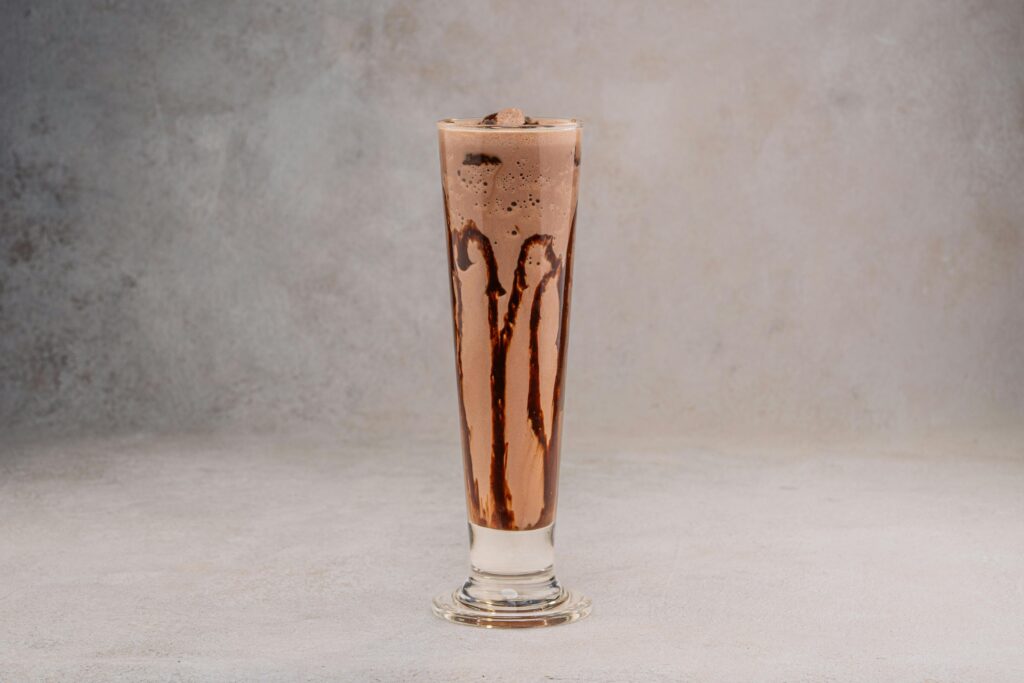
The science is compelling, but what about everyday athletes and real-world performance? Several studies conducted outside of controlled laboratory settings bring chocolate milk’s benefits into sharp focus confirming that this humble drink performs as well as, or better than, specialized sports drinks in the trenches of actual training.
One notable study from the University of Texas at Austin involved nearly 100 high school athletes engaged in a demanding five-week training program. Researchers split participants into two groups: one consumed chocolate milk after workouts, while the other drank a carbohydrate-only sports beverage. The results were striking. The chocolate milk group increased their bench press strength by 3.5%, whereas the sports drink group experienced a 3.2% decrease. Squat performance followed a similar pattern, with chocolate milk drinkers improving by 15% almost double the 8% gain in the sports drink group. These differences highlight how the addition of protein in chocolate milk plays a crucial role in strength-building, beyond the energy replenishment typical of carbs alone.
Another practical investigation took place during a high school summer camp focused on strength and agility development. Adolescents who consumed store-bought chocolate milk regularly showed a remarkable increase in composite strength bench press plus squat gaining an average of 20.5 kilograms over seven weeks. In contrast, their counterparts drinking protein-free sports drinks improved by only 4.8 kilograms. This study affirmed chocolate milk’s effectiveness not just in lab results but in real training environments where factors like taste, convenience, and budget matter.
Endurance athletes also benefit. Studies with sports like futsal reflect that chocolate milk post-exercise results in longer times before exhaustion compared to placebo drinks or other carbohydrate-rich combinations. This is likely due to the combined effects of carbohydrates for energy, quality protein for muscle repair, and electrolytes that support hydration and nerve function.
What makes these findings even more encouraging is chocolate milk’s accessibility and affordability. Unlike expensive supplements and sometimes intimidating performance shakes, chocolate milk is widely available in grocery stores and school cafeterias. Its familiar, appealing taste encourages young athletes to drink enough for recovery a real advantage when compliance can make or break athletic progress.
Nutritional and Long-Term Health Benefits
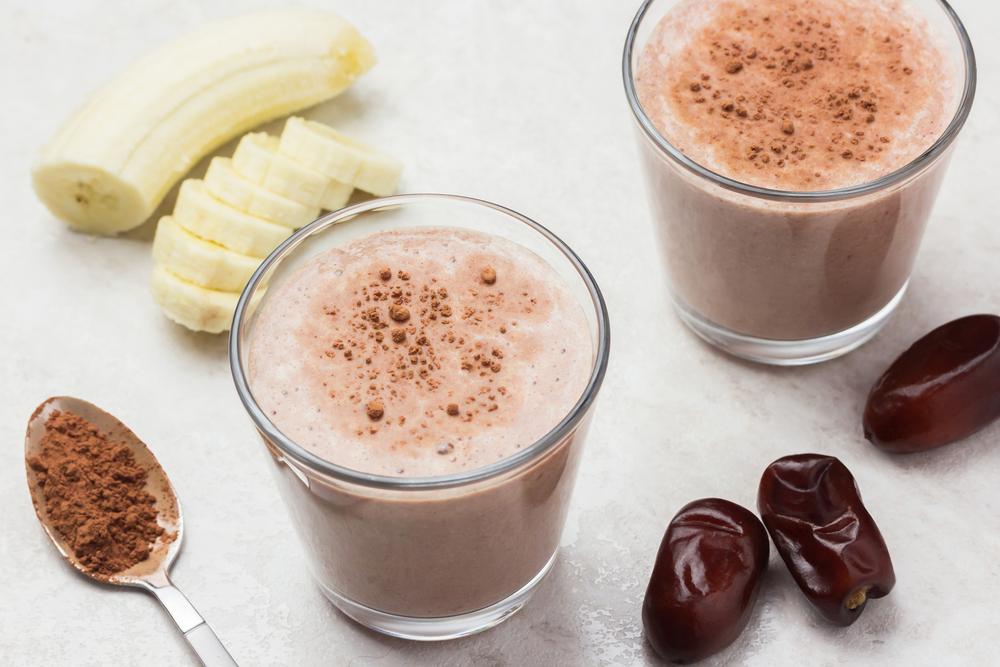
Chocolate milk’s appeal stretches far beyond its role as a post-workout recovery drink. It is a nutrient-rich beverage that delivers a powerful blend of vitamins, minerals, and protein components essential not only for immediate muscle repair but for long-term health and well-being.
One of chocolate milk’s standout features is its impressive supply of calcium and vitamin D, two nutrients vital for building and maintaining strong bones and teeth. Calcium strengthens the skeletal frame, while vitamin D helps your body absorb calcium effectively. This combination is crucial at every stage of life, from growing children to aging adults, helping reduce the risk of osteoporosis and fractures. Historically, milk fortification with vitamin D played a major role in virtually eliminating rickets, a bone-weakening disease in children, underscoring the importance of this nutrient duo.
Beyond bones, chocolate milk offers a full spectrum of other micronutrients including potassium, magnesium, phosphorus, zinc, selenium, and B vitamins all supporting muscle function, immune health, energy metabolism, and nervous system integrity. This rich nutritional profile supports not only athletes but anyone seeking to maintain overall vitality and resilience.
Protein content in chocolate milk also deserves attention. It is a complete protein, meaning it supplies all nine essential amino acids the body can’t produce itself. Of particular importance is leucine, an amino acid directly involved in muscle protein synthesis the process that rebuilds and strengthens muscle tissue. This makes chocolate milk especially beneficial for preserving and gaining lean muscle mass.
Some studies also suggest that chocolate milk can support endurance by allowing people to exercise longer and recover faster even beyond the gym or athletic field. Additionally, diets higher in protein, like those including chocolate milk, may help regulate appetite and support healthy weight management.
Making Chocolate Milk Work for You
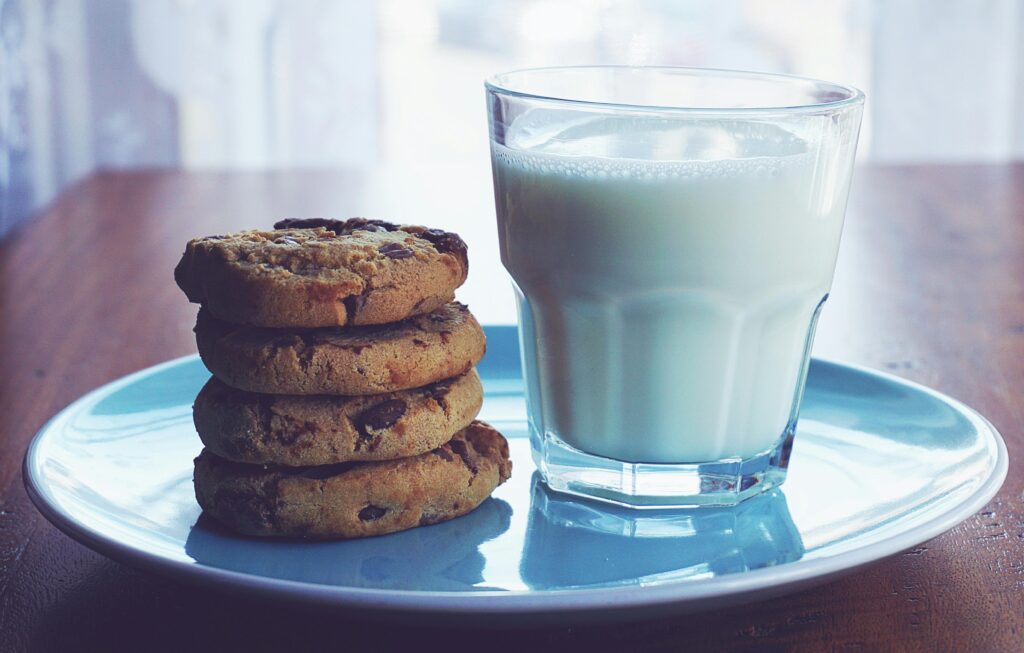
Chocolate milk is a versatile and effective recovery drink, but like any nutritional choice, the key to maximizing its benefits lies in how and when you consume it. Here are practical tips to make chocolate milk work best for your recovery and overall health:
- Timing is everything. Aim to drink chocolate milk within 30 to 45 minutes after your workout. This window is when your muscles are most receptive to nutrients, helping to kickstart repair and replenish glycogen efficiently.
- Choose wisely. Not all chocolate milk is created equal. Look for low-fat or reduced-sugar options to limit unnecessary added sugars while still benefiting from the ideal carb-to-protein ratio. Avoid brands with excess artificial additives or high-sugar syrups.
- Pair it smartly. For longer, intense workouts, consider combining chocolate milk with a small banana or other carb-rich food. This can optimize the carbohydrate-to-protein ratio and provide sustained energy for recovery.
- Moderation is key. While chocolate milk offers many benefits, be mindful of your overall added sugar intake to avoid negative health effects. For most adults, keeping added sugars under daily recommended limits ensures chocolate milk fits well in a balanced diet.
- Explore plant-based alternatives. If you have dairy allergies, lactose intolerance, or prefer vegan options, chocolate plant-based milks (such as pea protein versions) can provide similar protein content and muscle-building benefits when paired effectively with carbs.
- Make it enjoyable. Incorporate chocolate milk in ways that suit your tastes and lifestyle whether as a smoothie base, in a warm latte with mint or chai, or part of a post-practice snack. Enjoying recovery supports consistency.
Why Chocolate Milk Deserves a Place in Your Routine
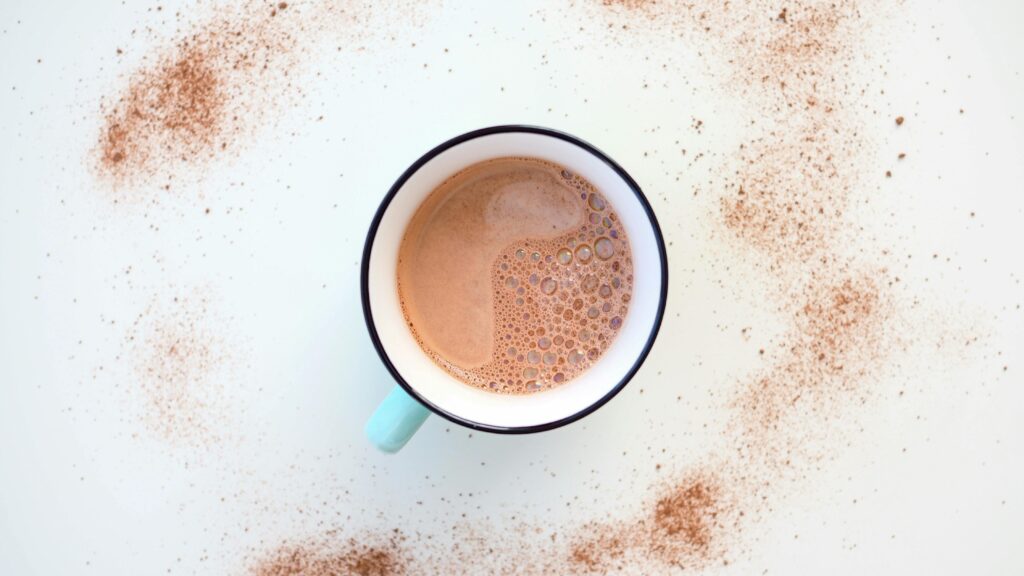
As we rethink what true recovery means beyond fleeting energy boosts and empty promises, chocolate milk emerges as a powerful ally simple, effective, and backed by science. Its unique blend of carbohydrates, high-quality proteins, and essential minerals doesn’t just help repair muscles faster; it rebuilds strength, restores hydration, and nourishes the whole body. Real-world studies confirm what many athletes and coaches have discovered by experience: chocolate milk promotes greater strength gains, reduces muscle soreness, and supports endurance better than many traditional sports and energy drinks.
Beyond the gym, it fits seamlessly into the rhythms of everyday life accessible, affordable, and enjoyable. It invites us to reconsider the complicated world of supplements and focuses instead on food that works with our bodies, not against them. The time may have come to swap flashy cans and costly powders for a glass of chocolate milk, a recovery drink that combines the wisdom of nature with the rigor of science.
So after the next sweat session, reach for something that not only tastes good but fuels growth, resilience, and long-term health. Your muscles and your future self will thank you.
Loading...

